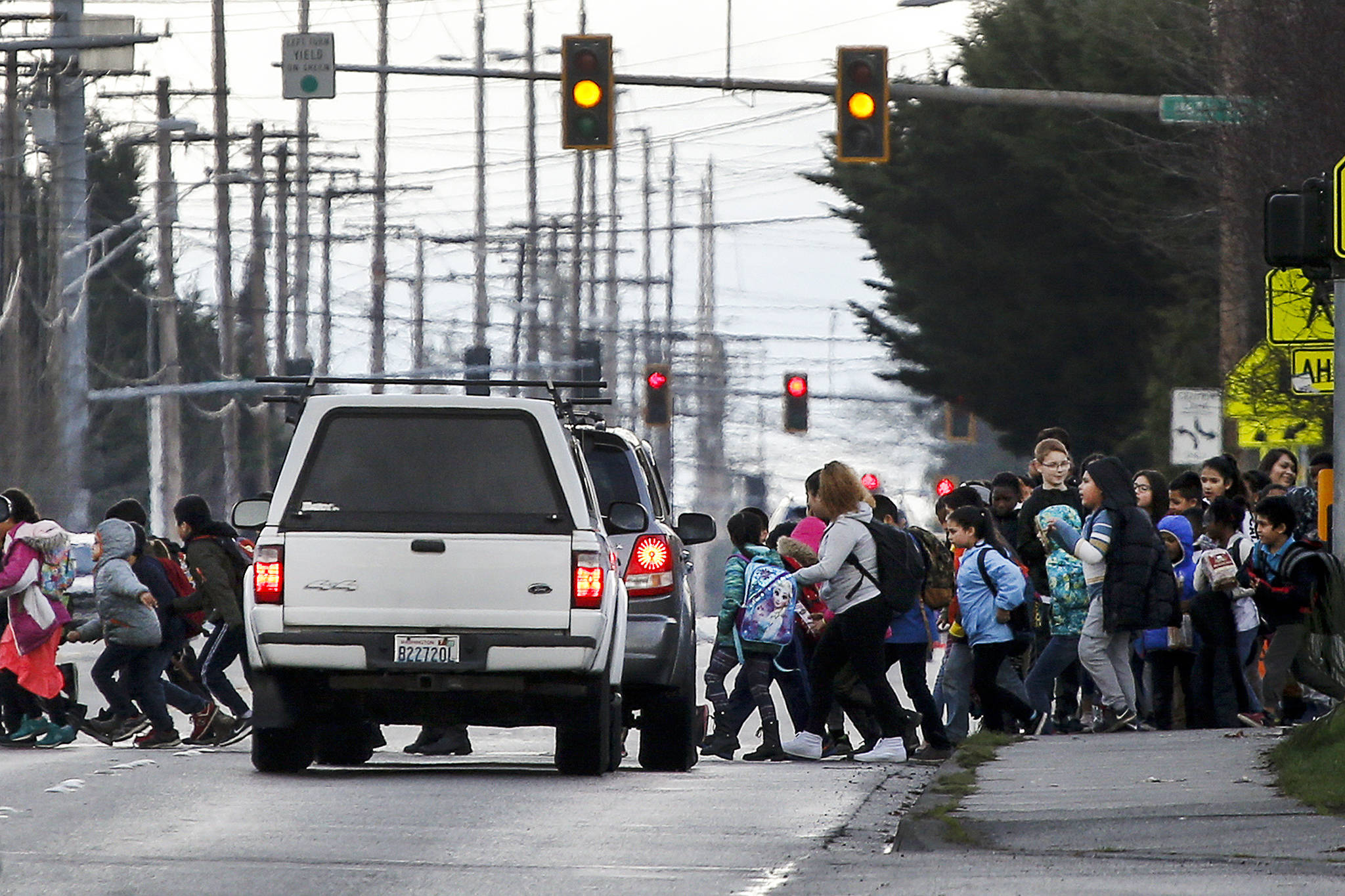By The Herald Editorial Board
“Free Parking” may still be a favored space in the board game Monopoly, but it’s losing its appeal among city planners throughout the country as a requirement for developers looking to build apartments on their own Baltic Avenues, Marvin Gardens and Boardwalks.
What’s the problem with parking?
“Off-street parking requirements are a fertility drug for cars,” writes parking expert Donald Shoup in his recent book, “Parking and the City.”
An update of his 2005 book, “The High Cost of Free Parking,” Shoup argues that such municipal parking requirements subsidize cars and increase traffic congestion, air pollution, sprawl and housing costs while degrading urban design, discouraging walkability of cities, harming the economy and penalizing those who can’t afford a car.
Increasingly, many are already moving away from driving and owning their own cars or are looking for ways to do so. Fewer teens are as eager to get their driver’s licenses as in decades past. Rideshare services, such as Uber and Lyft are gaining in use. And while transit ridership is down in many U.S. cities, it has increased in the Puget Sound region.
Everett is among the latest cities to consider ending a subsidy for cars, trucks and SUVs by decreasing its requirement for the amount of parking an apartment developer must provide, as reported Monday by The Herald’s Liz Giordano.
To encourage development that caters more to transit, bicycles and pedestrians, the city is considering a reduction in the number of off-street parking stalls for apartment buildings. The regulation change is part of the city’s larger Metro Everett effort, which is reconsidering other zoning issues in the city’s downtown core, including building heights and other development standards.
Under the change, developers would only be required to provide one parking stall for studio and one-bedroom apartments, one and a half stalls for each two-bedroom unit and two stalls for units with three or more bedrooms. Developers could further reduce how much parking they have to provide, based on the apartment’s location to a bus stop, through a city-approved transportation plan or by dedicating units for lower-income tenants.
With the cost of parking stalls adding between $20,000 and $40,000 for each parking space, such a reduction would be an encouragement for developers and could also help increase the stock of affordable housing in the city.
If approved, the new requirement for parking dovetails with the city’s recent regulation for rideshare services. Earlier this year, after months of some sputtering negotiations, the city passed regulations that set reasonable licensing expectations for the rideshare companies and their drivers, including barring drivers with criminal convictions that involved violence, sex offenses or drunken driving.
The city can further the goals of making Everett friendlier to pedestrians and cyclists and encouraging more transit use with two more efforts.
Along with the new requirement for developers, the city also needs to start a conversation with those who live, shop and work downtown about putting a price on on-street parking, lifting another subsidy to the automobile. Free parking, like the parking-stall requirement for apartment developers, is discouraging the use of transit, bicycles and walking.
And, while residential and other developers now are routinely required to provide sidewalks, that wasn’t the case during much of the development of the city’s older neighborhoods. Everett, as have other local governments, has had to rely on grant funding to build better sidewalks and walking paths. Those grants go to routes with the greatest need, such as near schools. Anything that Everett and other local governments can do to pick up the pace on sidewalk construction would encourage a healthy non-motorized option for getting from place to place.
For many of us, owning a car is a necessity. Or so it seems. By removing some of the subsidized advantages that are provided to cars — and making it easier to consider a bus, a bike or a good pair or walking shoes — we can leave the car keys in our pockets more often.
Talk to us
> Give us your news tips.
> Send us a letter to the editor.
> More Herald contact information.

























